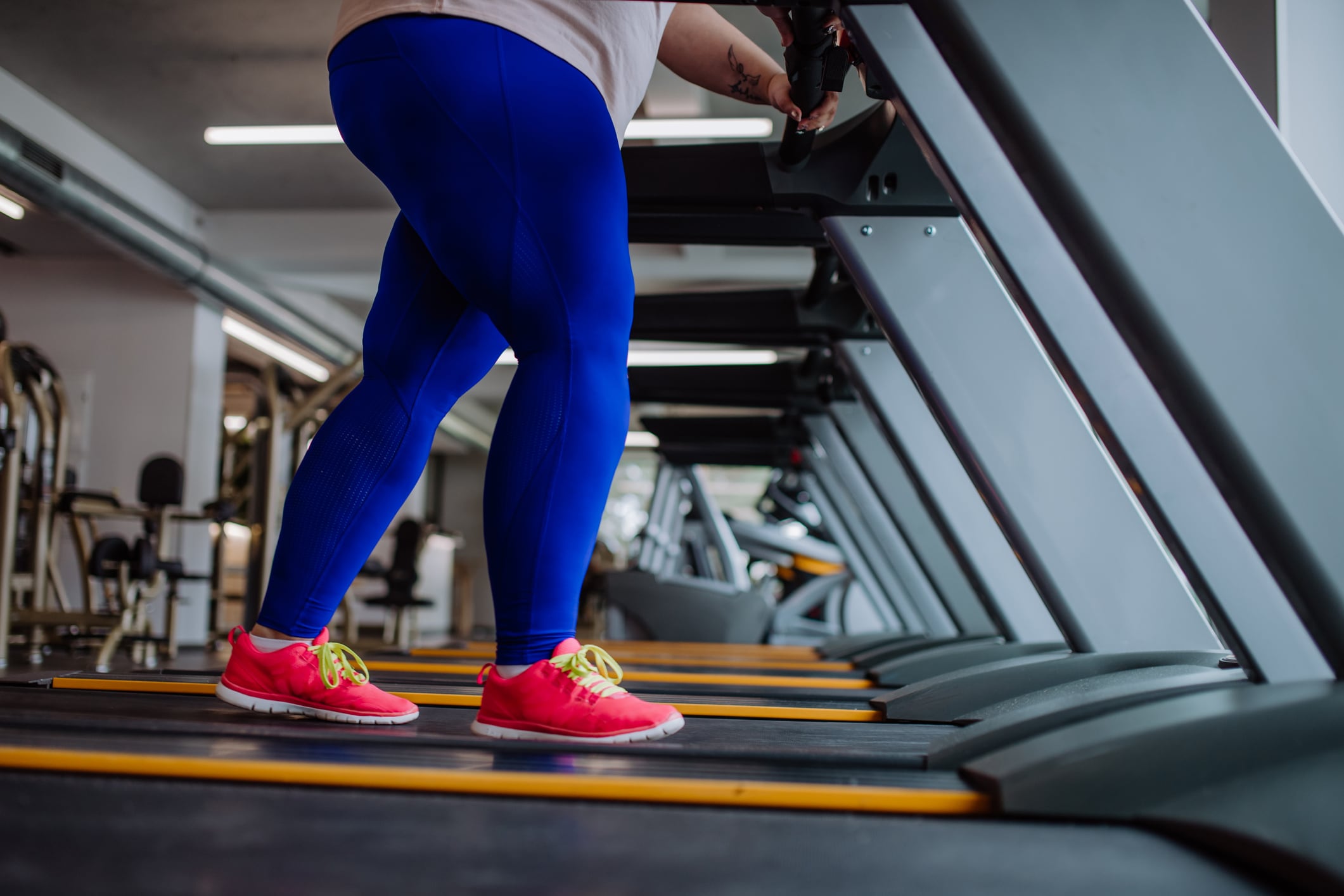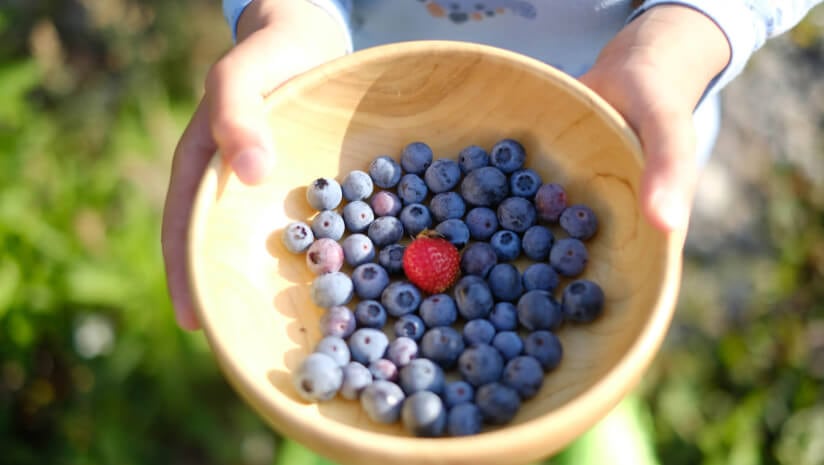Combining the supplement with aerobic exercise and strength training over eight weeks led to greater improvements in glycemic control, muscular strength, VO2max and psychological well-being than the supplement or exercise alone.
“These findings are consistent with prior evidence that lifestyle-based interventions can improve metabolic health in at-risk populations but extend current knowledge by showing that structured exercise combined with bioavailable polyphenols yields broader and more clinically meaningful effects,” wrote researchers at Kasetsart University and other institutions in Thailand.
They noted that the results underscore the potential of exercise–nutraceutical strategies to enhance well-being in individuals with prediabetes.
The benefits of combining exercise and polyphenols
Aerobic training (AT) and resistance training (RT) support glycemic control through distinct mechanisms.
“AT is particularly effective in improving glucose uptake and enhancing metabolic flexibility, whereas RT enhances skeletal muscle mass and glucose storage capacity,” the researchers wrote, noting that when combined as concurrent training, these adaptations reinforce each other, improving insulin sensitivity.
Polyphenols have been associated with improved glucose control and reduced hepatic glucose release. However, previous evidence suggests that non-encapsulated polyphenols, such as resveratrol, quercetin and berry extracts, exhibit inconsistent effects due to poor stability and bioavailability.
Microencapsulation technologies, such as micro- and nano-based delivery systems, can improve the stability and absorption of nutrients in the body. They are protected from degradation in the harsh environment of the gastrointestinal tract and can release their active ingredients at the appropriate site for better absorption.
The synergistic effect of concurrent training and polyphenols supplementation may occur through molecular pathways that regulate metabolism and inflammation. The combined intervention may activate AMP-activated protein kinase (AMPK), promoting “glucose uptake, fatty acid oxidation and mitochondrial biogenesis while concurrently suppressing lipogenesis,” the researchers wrote. Polyphenols also inhibit proinflammatory cascades, reducing the expression of cytokines and inflammatory mediators.
The research noted that the beneficial effects on quality of life demonstrated in the study may be due to the “neuroprotective and mood-modulating properties of polyphenol supplementation, which may involve dopaminergic and serotonergic signaling and upregulation of brain-derived neurotrophic factor.”
Study details
The study randomly assigned 43 participants between the ages of 25 and 59 with overweight or obesity and prediabetes into four groups. The groups received either microencapsulated polyphenol supplementation (EATME), concurrent training (CBT), concurrent training combined with supplementation (CBT + EATME) or placebo for eight weeks.
The training consisted of three weekly sessions of aerobic exercise and resistance training using body weight and elastic bands, targeting all major muscle groups with progressive overload.
The supplement contained 62 mg/day of encapsulated polyphenol compounds extracted from dried and ground persimmon and karonda fruit. Dietary intake and macronutrients did not differ significantly between the groups.
The researchers evaluated body composition, blood markers, lipid profiles, glycemic markers, inflammation, kidney and liver function, cardiorespiratory fitness, muscular strength and quality of life. Assessments were made one week before the start of the study and at least 72 hours after the final exercise session.
The results indicated that all groups improved their glycemic indexes, but the greatest reductions in fasting blood glucose, glycated hemoglobin ( HbA1c) and homeostasis model assessment of insulin resistance (HOMA-IR) were observed in the CBT + EATME group compared with placebo.
In addition, the combined intervention produced greater strength gains and psychological well-being quality of life scores, and “the most consistent improvements across metabolic, inflammatory and fitness outcomes,” the researchers wrote.
They noted the study’s limitations, such as a small sample size and short duration and cautioned that the results should be viewed as exploratory.
Source: Nutrients 2025, 17(21), 3358. doi: 10.3390/nu17213358. “Synergistic Effects of Microencapsulated Polyphenols and Concurrent Training on Metabolic Health and Fitness in Overweight/Obese Adults with Prediabetes”. Authors: U. Sukatta et al.




